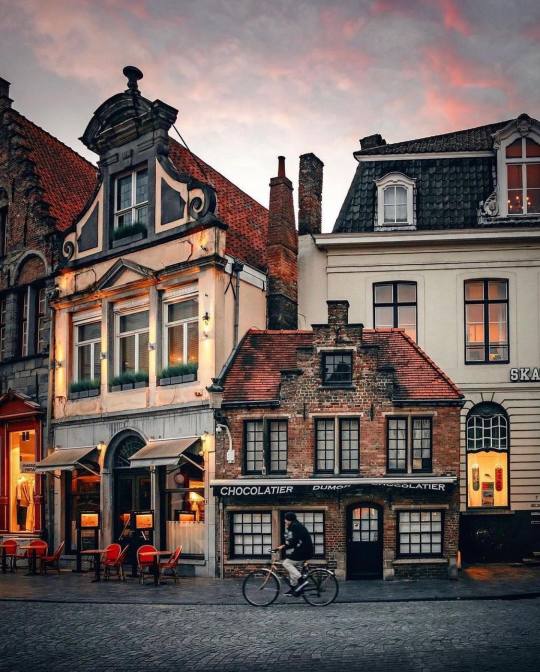#Belgium Europe
Explore tagged Tumblr posts
Text

Markt, BRUGES, Belgium 🇧🇪 by @brugge_citytrip
#bruges#brugge#belgium#europe#bruges belgium#belgium europe#bruges belgium europe#christmas market#christmas markets#Christmas#christmas time#winter#winter time
182 notes
·
View notes
Text

Ghent, Belgium
651 notes
·
View notes
Text

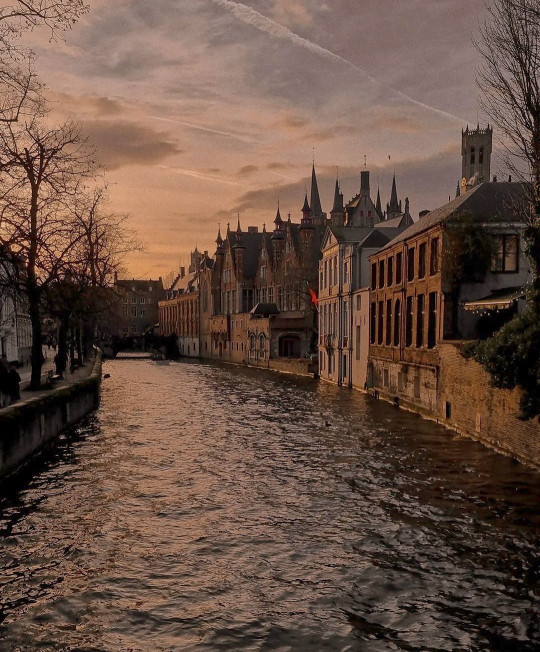
Belgium by _chacen.
#belgium#europe#europe aesthetic#europe art#city#city aesthetic#city art#alternative#aesthetic#dark academia#dark academic aesthetic#dark aesthetic#aestheitcs#dark#art#light acadamia aesthetic#light academia#architect#architecture
1K notes
·
View notes
Text

LIÈGE, BELGIUM
1K notes
·
View notes
Text

Bruges / Belgium (by Randy Nelson).
3K notes
·
View notes
Text
An illegal toxic dump site in Croatia, the theft of water from a major aquifer in southern Spain, illegal trading of ozone-depleting refrigerants in France: This is just a sampling of the environmental crimes that European countries are struggling to stop. The lack of accountability for these acts stems in part from the European Union’s legal code, which experts say is riddled with vague definitions and gaps in enforcement. That’s about to change.
Last week, EU lawmakers voted in a new directive that criminalizes cases of environmental damage “comparable to ecocide,” a term broadly defined as the severe, widespread, and long-term destruction of the natural world. Advocates called the move “revolutionary,” both because it sets strict penalties for violators, including up to a decade in jail, and because it marks the first time that an international body has created a legal pathway for the prosecution of ecocide.
“This decision marks the end of impunity for environmental criminals and could usher in a new age of environmental litigation in Europe,” wrote Marie Toussaint, a French lawyer and EU parliamentarian for the Greens/European Free Alliance group, on X...
The new directive uses the term “ecocide” in its preamble, but does not criminalize the act by laying out a legal definition (the most widely accepted definition of ecocide was developed by an international panel of experts in 2021). Instead, it works by providing a list of “qualified offenses,” or crimes that fall within its purview. These include pollution from ships, the introduction of invasive species, and ozone depletion...
The new law holds people liable for environmental destruction if they acted with knowledge of the damage their actions would cause. This aspect of the law is important, experts said, because it means that a permit is no longer enough for a company to avoid culpability.
“If new information shows that behavior is causing irreversible damage to health and nature – you will have to stop,” a member of the European Parliament from the Netherlands, Antonius Manders, told Euronews.
Advocates like Mehta hope that the EU’s move will have influence beyond Europe’s borders. The principal goal of the Stop Ecocide campaign is for the International Criminal Court to designate ecocide as the fifth international crime that it prosecutes, after crimes against humanity, war crimes, crimes of aggression, and genocide. At the moment, environmental destruction can only be prosecuted as a war crime at the ICC, and limitations in the law make this extremely difficult to do...
Kate Mackintosh, the executive director of the Netherlands-based UCLA Law Promise Institute Europe, told Grist that the ICC is unlikely to adopt an ecocide law if other countries do not do so first.
“It’s not something you can just pull out of thin air,” she said, adding that any international legal doctrine has to have a precedent on the national level. “That’s the way states are going to accept it.”
The EU’s 27 member states will have two years to adapt the new legislation into their penal codes. Afterwards, their implementation must be reviewed and updated at least once every five years using a “risk-analysis based approach,” to account for advancements in experts’ understanding of what might constitute an environmental crime. Mehta said that despite its omission of some important offenses, the law sets an important example for other countries. Several days before the EU vote, Belgium adapted its criminal code to include the directive, making it the first country in Europe to recognize ecocide as a crime.
The ruling “shows leadership and compassion,” Mehta said. “It will establish a clear moral as well as legal ‘red line��, creating an essential steer for European industry leaders and policy-makers going forward.”
-via Grist, March 6, 2024
#climate change#climate crisis#climate catastrophe#climate action#eu#european union#icc#international criminal court#belgium#europe#environment#environmental law#environmental news#ecocide#good news#hope#hope posting
794 notes
·
View notes
Text



Details of Marshal Ney at the head of the French cavalry, from the Panorama canvas of the Battle of Waterloo in Belgium
by Louis Dumoulin
#marshal ney#cavalry charge#cavalry#battle of waterloo#art#louis dumoulin#waterloo#history#netherlands#belgium#panorama#hundred days#napoleonic wars#napoleonic#europe#european#french#france
150 notes
·
View notes
Text

Joseph Henri Francois van Lerius (Belgian, 1823-1876) Death preferred, n.d.
#Joseph Henri Francois van Lerius#belgian art#belgian#belgium#art#fine art#european art#classical art#europe#european#fine arts#oil painting#europa#brunette#woman#female#pre raphaelite
275 notes
·
View notes
Text

Moo door
399 notes
·
View notes
Text

Ghent, Belgium (by Dan Fawcett)
2K notes
·
View notes
Text

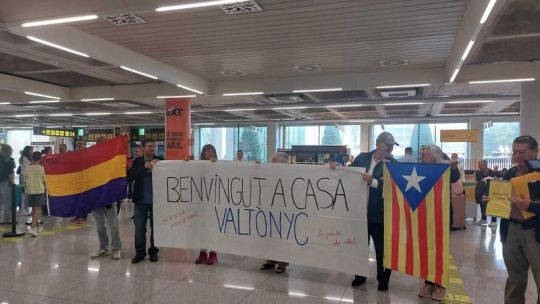
The rap singer Valtònyc (wearing dark green in the first photo) has returned from exile. It's the first time he steps in his homeland Mallorca in almost 6 years.
He was sentenced to 3.5 years of prison because when he was 18 years old he wrote a song where he criticized the Spanish monarchy and uploaded it to YouTube. He wasn't famous and his most listened song on YouTube had 8,000 views, but in Spain it's a crime to say "injuries against the crown", and the laws are often applied more harshly against national minorities (Valtònyc is from the Catalan Countries). His song was found and he had to go to trial over it, and was sentenced guilty of the crimes of injuries against the monarchy, praising terrorism, and threats.
Valtònyc refused to accept the so-called "justice" of the Spanish judicial system, so he decided to escape. He managed to sneak to France unnoticed by the police, and went to Belgium, where there was already a community of Catalan people on exile for their political involvement in the Catalan independence process. He has lived on exile in Belgium these last 5 years and a half.
Had he come back to any Spanish territory, Valtònyc (same as the other exiles) would have immediately been jailed. In fact, Spain issued an international order of extradition, demanding Belgium arrest him and send him to Spain to be imprisoned. But the Belgian courts found that these kind of cases should be allowed under freedom of speech and, instead of sending Valtònyc to Spain, Belgium got rid of their own law that punished "injuries against the crown" as a crime. With no Belgian law to punish him, he was allowed to stay in Belgium. This is a similar process that had happened with other Catalan exiles, who Spain has demanded be extradited multiple times but Belgian law has protected for human rights and freedom of speech reasons.
By the way, the song that got him sentenced to prison had been a commission from the Spanish politician Pablo Iglesias (leader of Podemos, the left Spanish party) for his TV show La Tuerka. Valtònyc has explained that Iglesias never called him, never showed any solidarity nor interest in his case. Iglesias was vice-president of Spain during Valtònyc's exile.
The crimes expired six months ago, meaning he can no longer be imprisoned for it. However, the Spanish courts did not notify him of it (as they should have done), so his lawyer and him just found out.
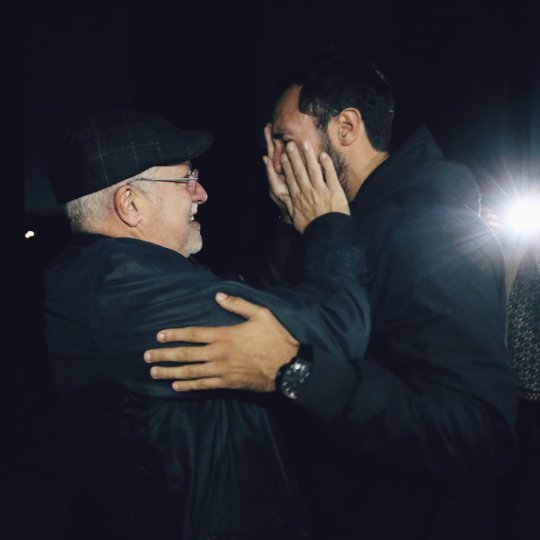

After saying goodbye to other Catalan people on exile in Belgium, who are not allowed to come back yet (in the photos, shared by Valtònyc on his Twitter, he is saying goodbye to the politicians Lluís Puig and Carles Puigdemont), he has come back home.
He was welcomed by 200 people in his hometown. He has thanked all the people who helped him and showed solidarity. He also reminded that Pablo Hasél (a rap singer from Catalonia) is still in prison for the lyrics of his songs and the contents of his Tweets, sentenced guilty of injuries against the crown and praising terrorism. You can read more about Pablo Hasél's arrest in this post, and an explanation of the tweets and lyrics that got him sentenced in this post.
As we celebrate Valtònyc's return, we cannot forget that Spain has repeatedly ranked number 1 in the whole world for country that sent the most musicians to jail for the content of their music, in 2018 and 2020. By the way all the 14 rap singers condemned to prison for their lyrics were Catalan (Pablo Hasél and the 12 members of the band La Insurgencia from Catalonia, and Valtònyc from the Balearic islands), not one of any other culture group or from any other area. Curious, 100% of the sentenced, when the population of the Catalan Countries is less than 29% of the population of Spain. Wonder why!
#valtònyc#actualitat#freedom of speech#mallorca#illes balears#europe#spain#catalan#freedom of expression#belgium#current events#anti monarchy#rap#rap music#hip hop#human rights#national minorities#minorities#european union#oppression
422 notes
·
View notes
Text

The famous Flower Staircase in Liège, Wallonia, BELGIUM
#famous#célèbre#famoso#fleurs#flowers#flores#staircase#escalier#gradas#liège#wallonia#belgium#belgique#belgica#europe#europa
218 notes
·
View notes
Text
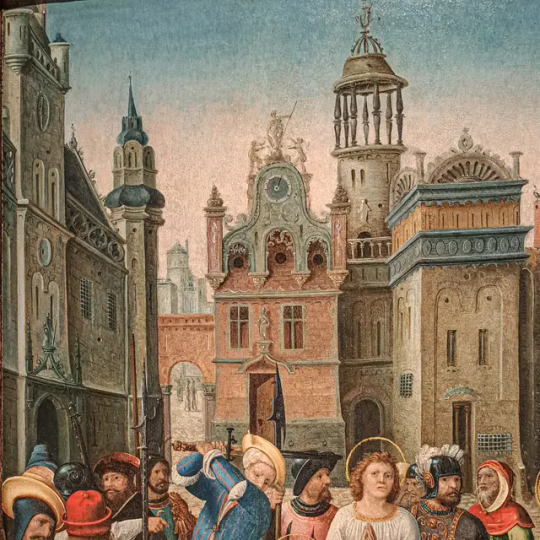
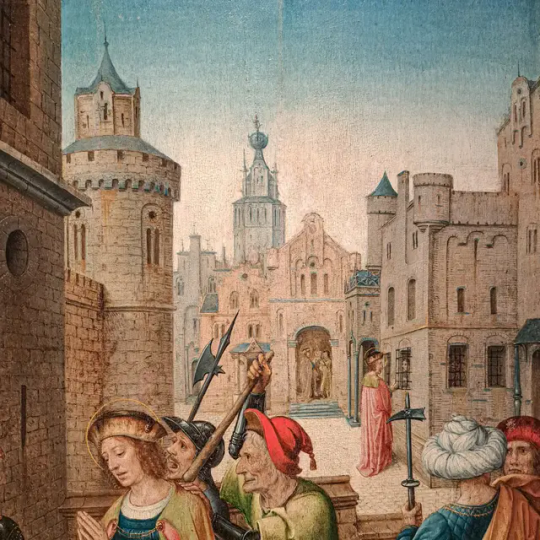
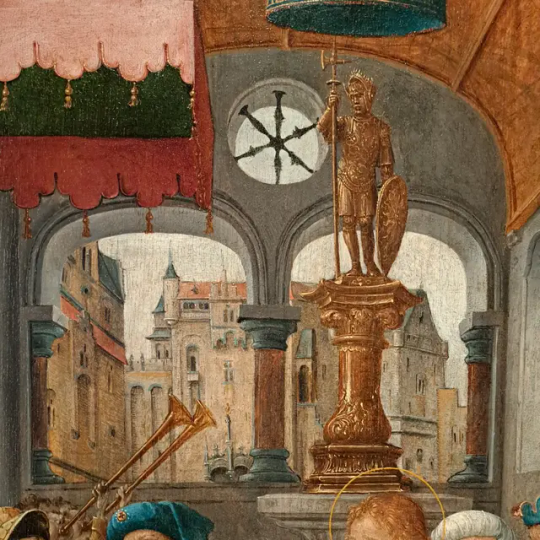

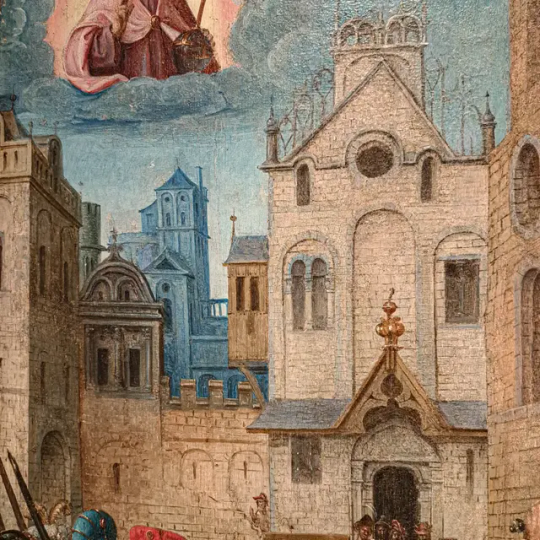
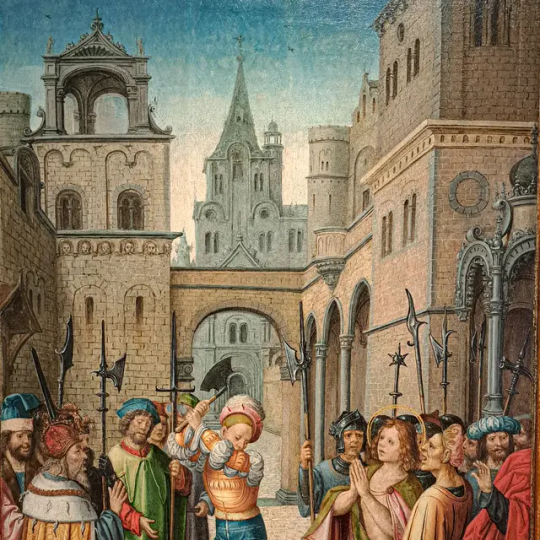
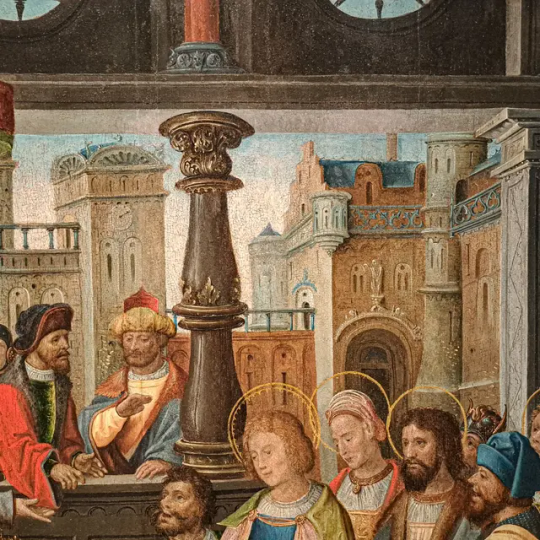
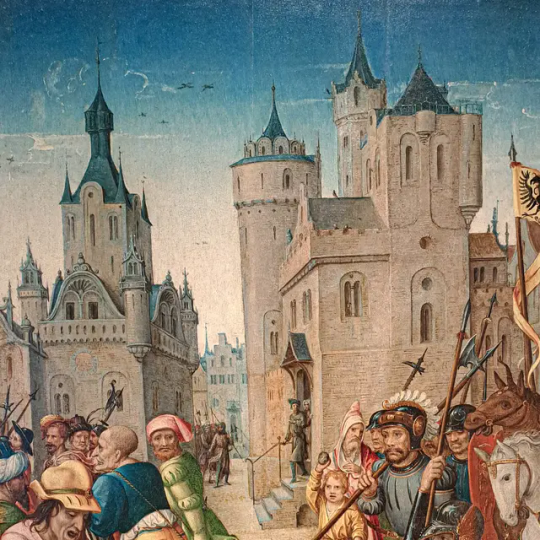
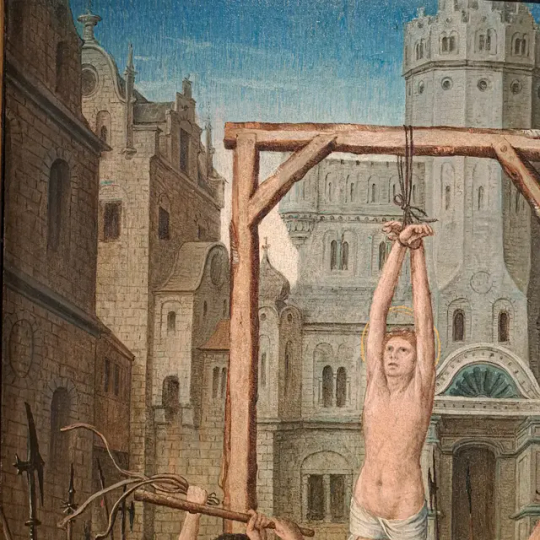
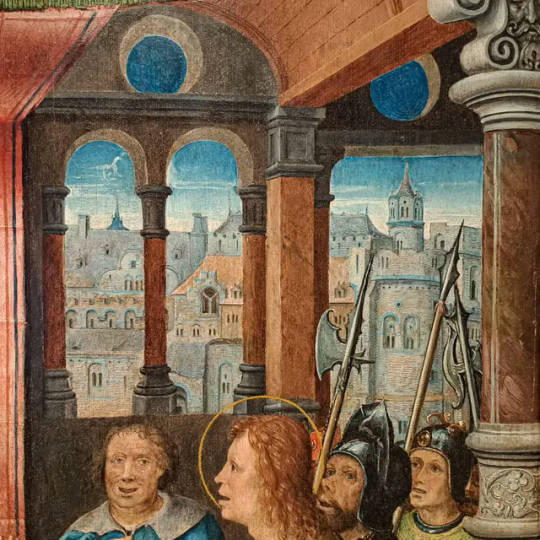
Details of architectural elements of late 15th and early 16th century flemish paintings (that were on display in museum Hof van Busleyden in Mechelen, Belgium)
The fantastical architecture blending flemish, brabantine and some northern italian features. A place where the late medieval flemish traditions and italian renaissance features meet.
As typical for flemish art; the details and backgrounds are as interesting as the subjects on the foreground.
#europe#historic buildings#architectural history#belgium#art history#flemish#flemish art#renaissance#renaissance art#renaissance architecture#flemish painter#paintings#painting#peinture#peintures#arte#artwork#art#16th century#historical interior#fine art#malerei#architecture#buildings#old building
91 notes
·
View notes
Text

Leuven, Belgium 1857
#Leuven#Belgium#1850s#town hall#Europe#history#past#vintage#photo#photography#picture#old#architecture#belgique#louvain#19th century
121 notes
·
View notes
